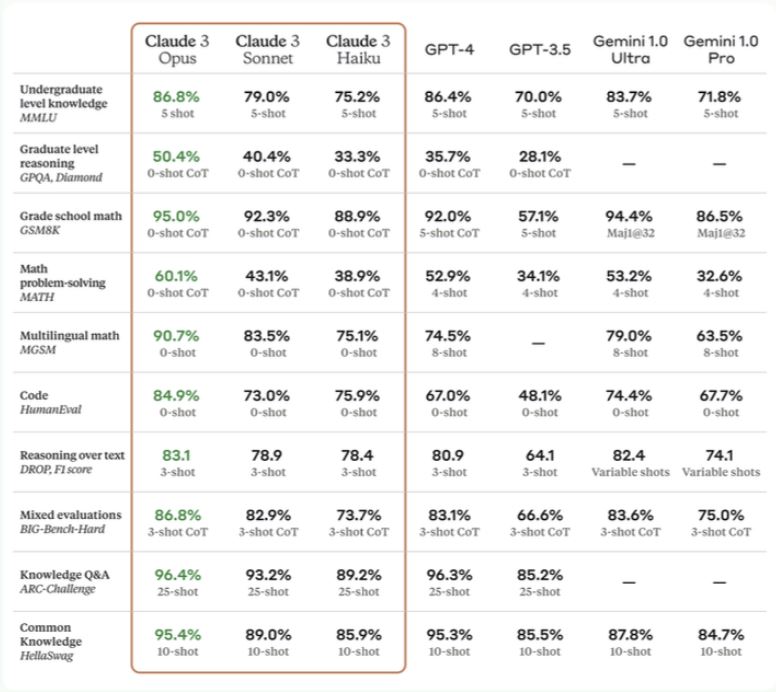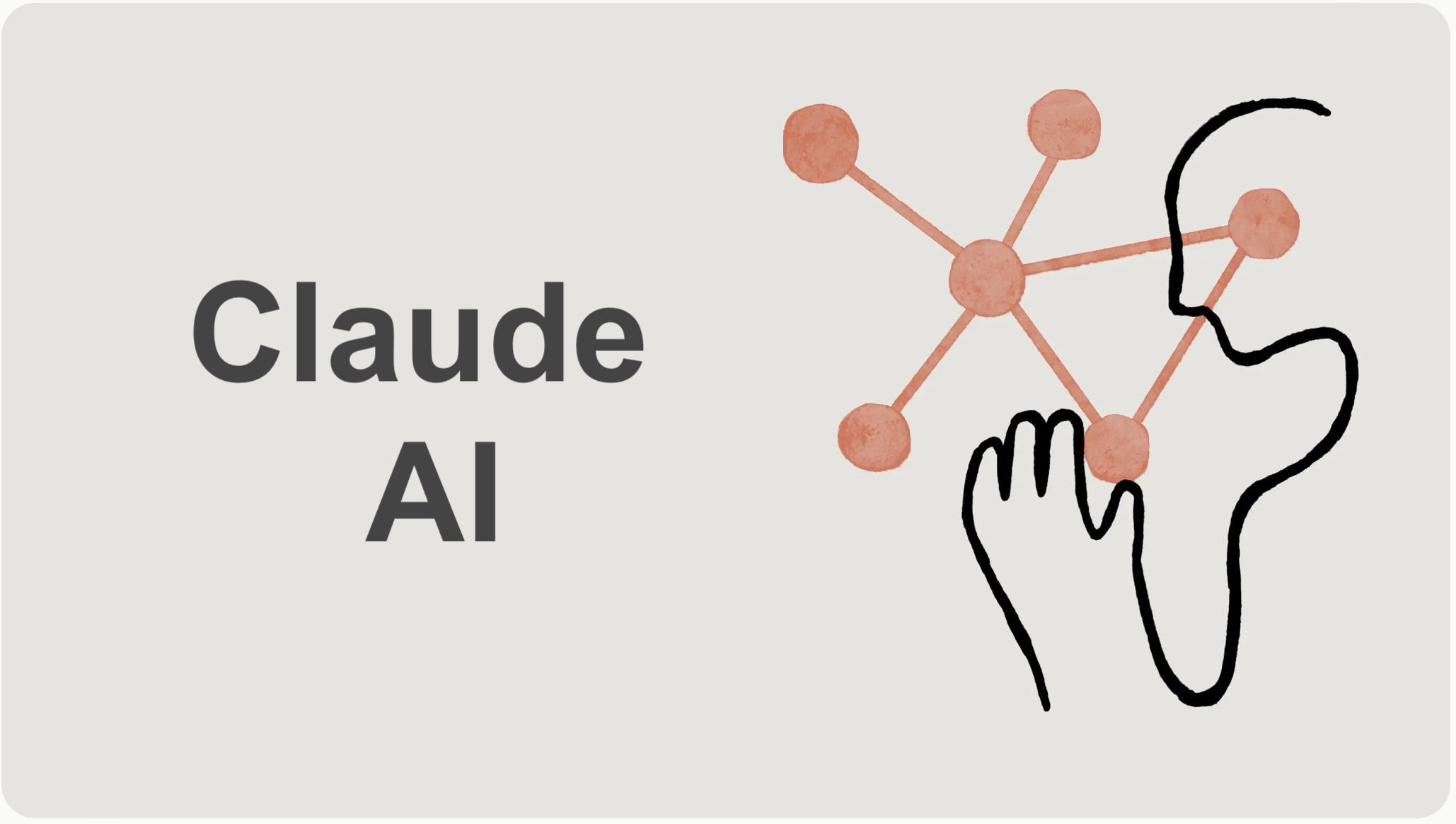Claude, from Anthropic, is much less known than ChatGPT, and is not available worldwide, but I can perfectly imagine it as the core of the brain of the robots of the future.
The fact is that now Anthropic has just presented a series of models under the name Claude 3, highlighting among them Opus, Sonnet and the upcoming Haiku. What makes this reveal special is that Opus not only matches, but outperforms pre-existing models like GPT-4 and Gemini Ultra in benchmark tests. This achievement not only sets a new standard in conversational AI, but also opens up a range of possibilities for enterprise and consumer applications.
Opus: The Jewel in Anthropic’s Crown
Opus, according to Anthropic’s claims, is the most capable model on the market today, outperforming other AI systems in a wide range of tasks, from mathematical reasoning to expert-level knowledge. This unprecedented capability positions it as an invaluable tool for companies seeking high-performance AI solutions for complex tasks.
Sonnet and Haiku: Speed and economic efficiency
The diversity in the Claude 3 model range is evidenced by Sonnet and Haiku, designed to meet specific needs within the business ecosystem. Sonnet offers a mid-range solution, ideal for data analysis and knowledge work at a more affordable cost. On the other hand, Haiku promises to be a fast and economical option, perfect for customer service chatbots where response speed and cost are critical factors.
Advances in image processing
A notable feature of the Claude 3 series is its ability to work with image input, opening new avenues for the analysis of text within images, a requirement that is increasingly in demand in various industries. This ability not only simplifies interaction with generative AI tools but also makes it easier to extract information from documents, graphs and diagrams, a significant advancement for fields such as legal services, financial analysis, logistics and quality control.
The challenge of bias in AI

The release of Claude 3 comes at a time when the AI industry faces scrutiny over its handling of bias in its models. Anthropic addresses this challenge with an approach called Constitutional AI, which seeks to align models with a set of widely accepted values. While they acknowledge that achieving perfectly neutral AI is a distant goal, this approach represents a conscious effort to mitigate the risks associated with biases in AI.
In my opinion, Anthropic ‘s introduction of Claude 3 is an important step towards the development of more advanced and ethical AI technologies. The inclusion of image processing capabilities and proactive approach to managing bias are indicative of an industry seeking to not only advance technologically but do so responsibly.





